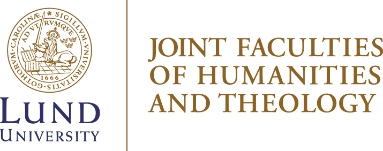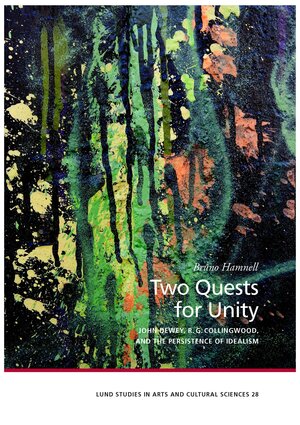Series
Bruno Hamnell
Two Quests for Unity. John Dewey, R. G. Collingwood, and the Persistence of Idealism
Lund Studies in Arts and Cultural Sciences 28
2021
| 371 p.
|
English
ISSN: 2001-7529
ISBN: 978-91-89213-90-6, 978-91-89213-89-0
Two Quests for Unity investigates the persistence of idealist philosophy in Anglo-America during the first half of the nineteenth century through a study of Robin George Collingwood (1889–1943) and John Dewey (1859–1952).
By focusing on an English and an American philosopher, this study illustrates the importance of taking a transnational approach to philosophy in contrast to the methodological nationalism that dominates the field.
The study uncovers Dewey’s and Collingwood’s idealist background and shows that they shared certain characteristics of idealism and its “thought style” throughout their lives, even though Dewey later became a pragmatist. As such, this study also provides insight into the historical relation between idealism and pragmatism. Special attention is given to unity, experience, and praxis, which were central notions in Anglo-American idealist philosophy as well as for Dewey and Collingwood.
While Dewey and Collingwood came to reject and revise certain aspects of idealism, they nevertheless retained its conception of philosophy as a broad, synthetic, situated, and reconstructive form of humanistic cultural criticism committed to the common good. This ideal has unfortunately been lost, but a critical conversation with philosophers like Collingwood and Dewey may help us imagine what such a philosophy —adapted for the twenty-first century — might look like.

